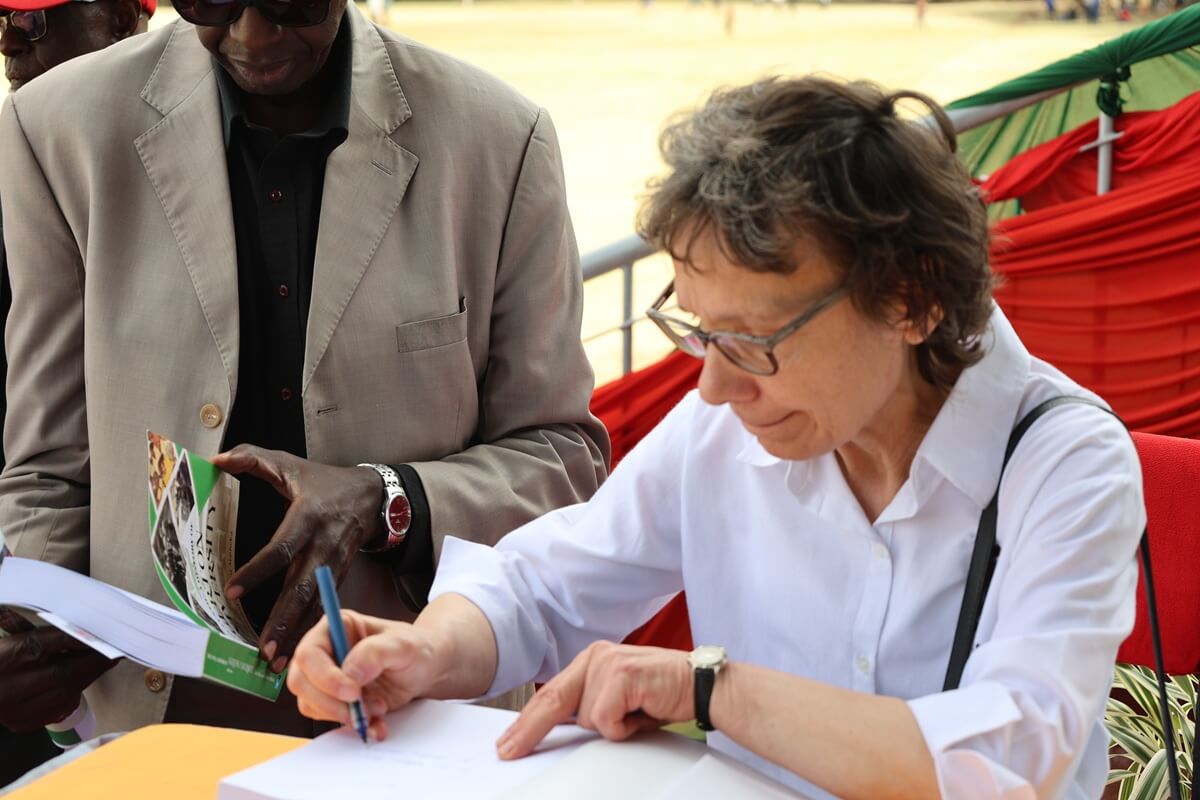Dr. Narendra Guru Raval, Chancellor of Egerton University, has congratulated the graduating cohort 48 during the university’s graduation ceremony. In his address, he emphasized that every success comes with challenges, urging graduates to embrace resilience and hard work.
The Speaker of the South Sudan National Assembly Jemma Nunu Kumba is making headlines as she graduates top of her class in Egerton University’s 48th cohort. The graduation ceremony is taking place today, November 29, 2024,
Today, the Vice Chancellor (VC) of Egerton University, Professor Isaac Kibwage, officiated the opening of the TAGDev Project Building at the Science Park, Njoro Main Campus, Nakuru County. This milestone follows the building's groundbreaking ceremony led by Prof. Kibwage two years ago. During the opening ceremony, Prof. Kibwage expressed his gratitude to the project committee, the project coordinator Prof. Nancy Mungai, and the contractor for their efficient resource management, which resulted in the timely completion of the impressive building. He remarked on the beauty and design of the structure and praised the team for adhering to their agreements.
- Innovative Solution to Cooling Hard Disk Drives Wins Industry Grand Challenge
- Egerton University Faculty of Agriculture wins two Intra-Africa mobility projects 2023
- Egerton University Hosts Successful Postgraduate Dissemination Seminar for Research Excellence.
- DAAD and PASGR Collaborative Master of Research and Public Policy Scholarship Award











